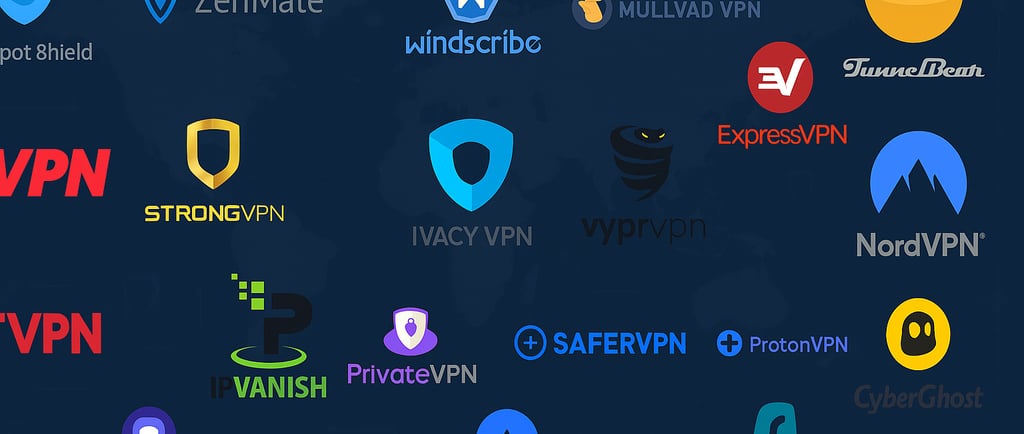Business VPNs vs. Personal VPNs – What’s the Difference?
VPN


VPNs are no longer just for tech experts—they’ve become essential tools for individuals and organizations alike. But not all VPNs are the same. While personal VPNs focus on protecting individual users’ privacy and unlocking content, business VPNs are designed to secure company data and manage employee access. Understanding the differences between the two will help you choose the right solution for your needs.
What Is a Personal VPN?
A personal VPN is a service you subscribe to individually. It routes your internet traffic through secure servers, encrypts your data, and hides your IP address.
Key Benefits of Personal VPNs:
Privacy Protection: Stops ISPs, advertisers, and hackers from monitoring your browsing.
Content Access: Bypasses geo-restrictions on streaming platforms and websites.
Public Wi-Fi Security: Keeps your data safe when using hotspots in cafés, airports, or hotels.
Affordability: Usually costs just a few dollars per month.
Best For: Travelers, remote workers, gamers, streamers, and anyone who values online privacy.
What Is a Business VPN?
A business VPN is designed for organizations. Instead of protecting a single user, it creates a secure private network that employees can access from anywhere.
Key Benefits of Business VPNs:
Centralized Control: IT teams can manage employee access, monitor activity, and enforce security policies.
Secure Remote Access: Employees working from home or abroad can safely connect to company servers.
Data Protection: Sensitive files, emails, and databases are encrypted against cyberattacks.
Scalability: Can support dozens or even thousands of users.
Dedicated IPs: Businesses often use fixed IP addresses for authentication, compliance, and consistent access.
Best For: Companies with remote teams, enterprises handling sensitive data, and organizations that require strict compliance (finance, healthcare, legal sectors).
When to Choose a Personal VPN
You want to stream international content on Netflix or Disney+.
You often use public Wi-Fi and want protection against hackers.
You want to hide browsing history from ISPs and advertisers.
You need a budget-friendly solution for individual use.
When to Choose a Business VPN
You have remote employees who need secure access to company systems.
You handle sensitive client or financial data that requires encryption.
You need compliance with data protection regulations like GDPR or HIPAA.
You want centralized control over who can access business resources.
Can You Use a Personal VPN for Work?
Yes—but with limitations. A personal VPN may protect your device, but it won’t:
Provide centralized account management.
Assign dedicated IPs for authentication.
Offer compliance tools required by many industries.
For freelancers or small businesses, a personal VPN might be “good enough.” But for larger organizations, a business VPN is the safer choice.
Final Thoughts
While both personal and business VPNs use encryption to secure internet traffic, their purposes are very different. A personal VPN focuses on protecting individual users, while a business VPN ensures entire teams can safely and efficiently access company resources.
The right choice depends on your needs. If your main concern is privacy, streaming, or travel, a personal VPN is perfect. If you’re managing sensitive business operations or remote teams, a business VPN provides the advanced features and centralized control required to keep your data secure.